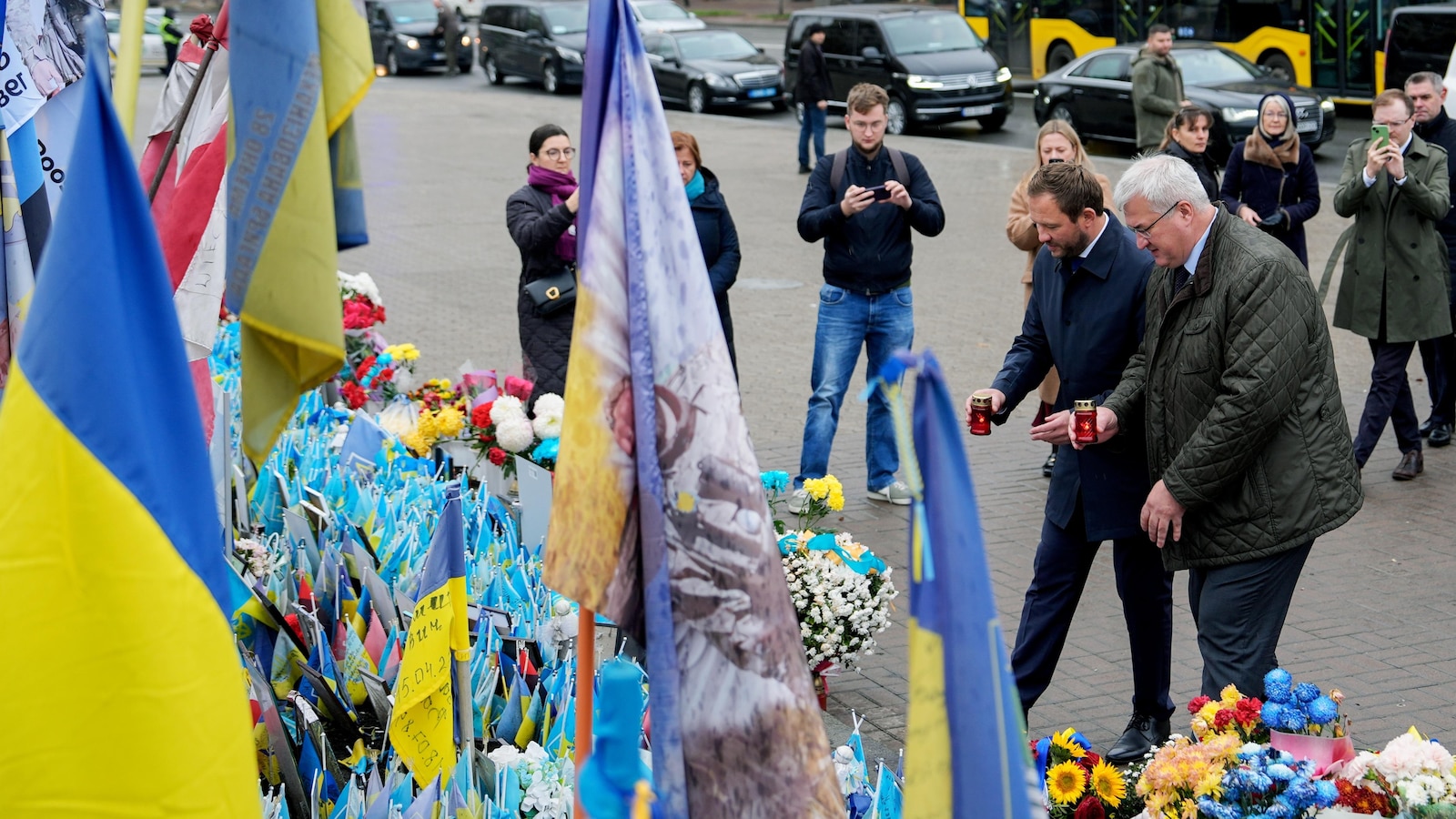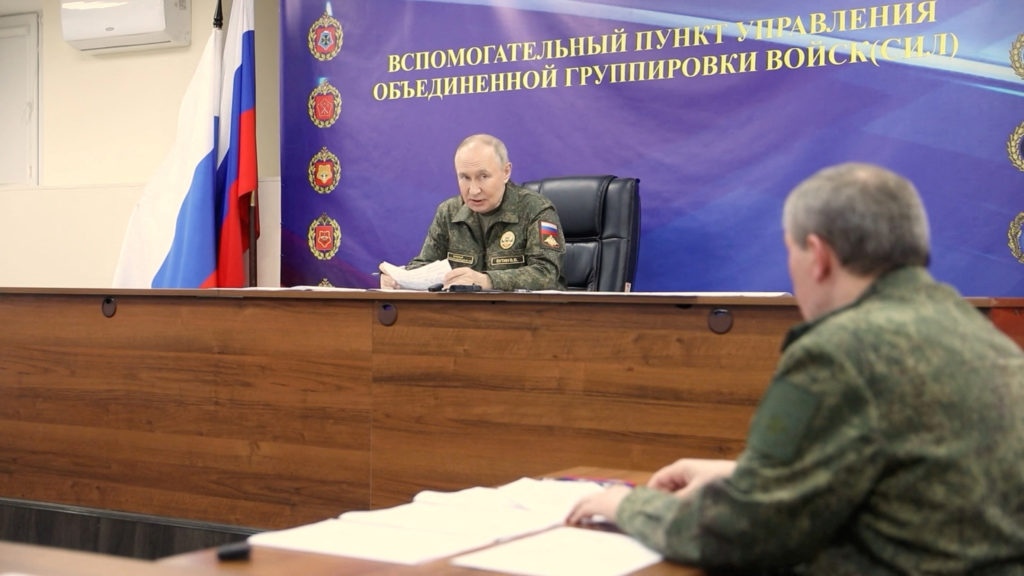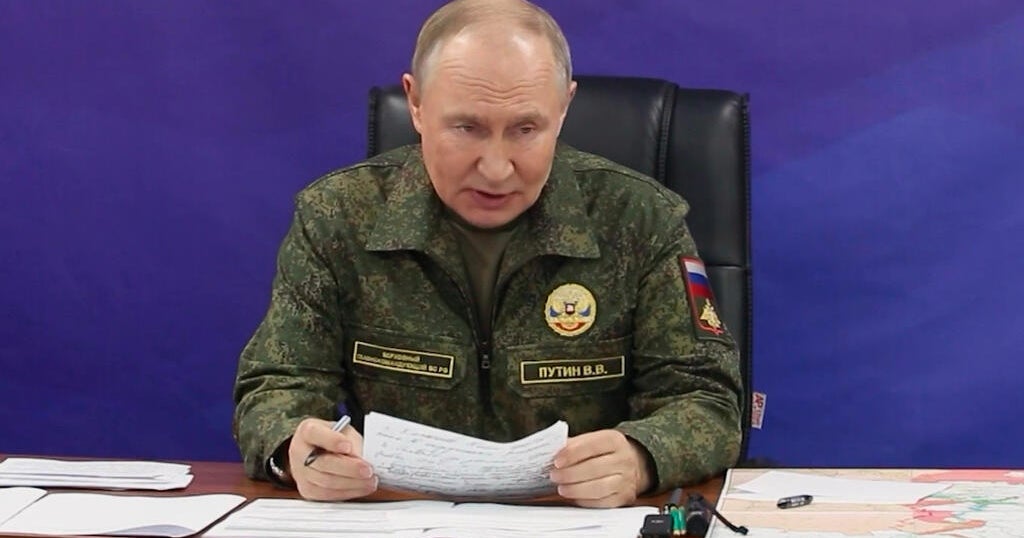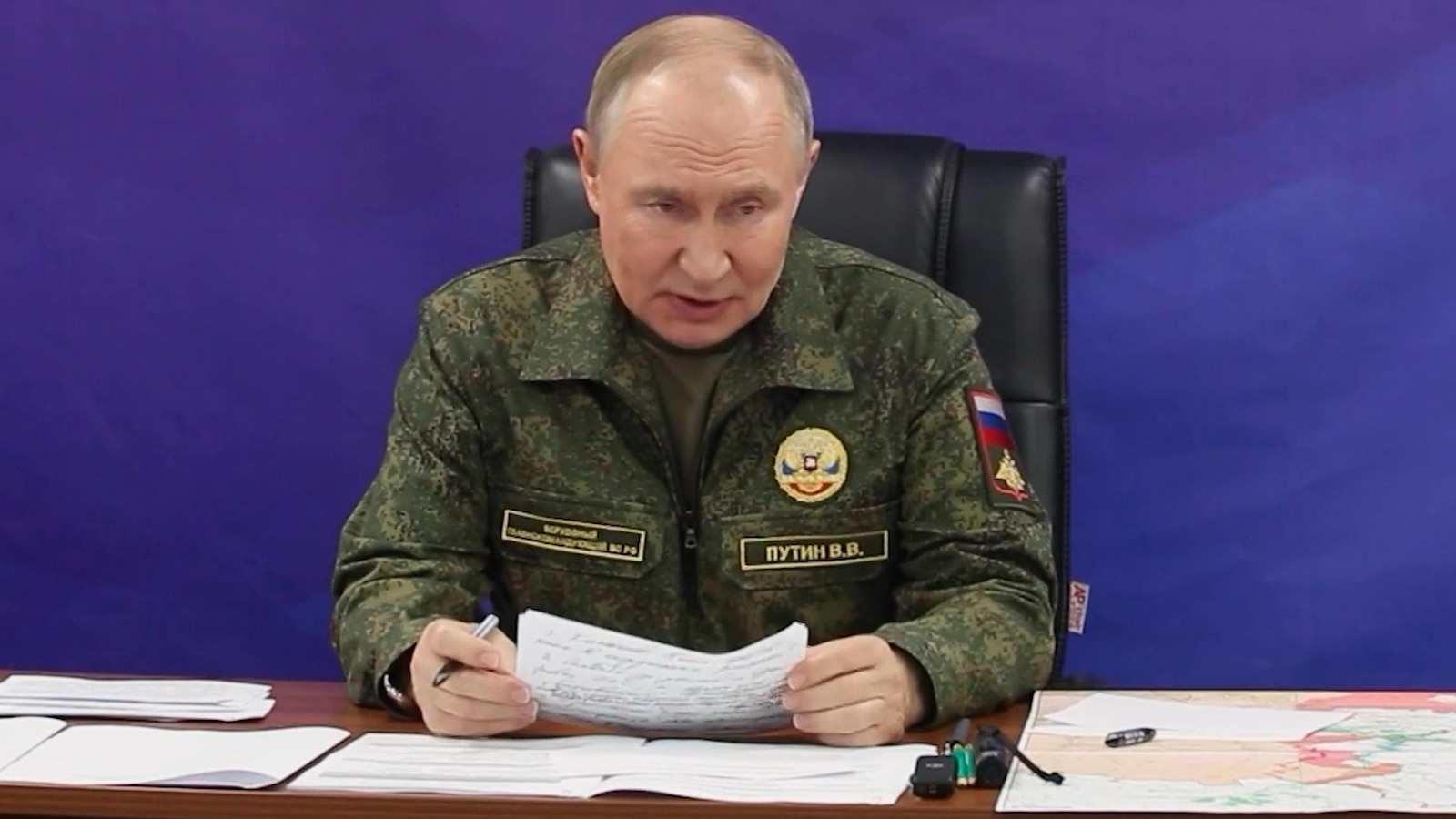Russia Tests Nuclear-Powered Missile Amidst Global Security Concerns and Calls for Peace
Russia tested its nuclear-powered Burevestnik missile, claiming it's unstoppable, sparking global security concerns. President Trump urged peace, amidst calls for Ukraine negotiations.
Subscribe to unlock this story
We really don't like cutting you off, but you've reached your monthly limit. At just $5/month, subscriptions are how we keep this project going. Start your free 7-day trial today!
Get StartedHave an account? Sign in
Overview
- Russia tested its nuclear-powered Burevestnik cruise missile, with President Putin claiming it is unstoppable by air defenses and capable of evading all defense systems.
- The missile reportedly traveled 14,000 kilometers over 15 hours on nuclear power. The Kremlin stated this test is driven by Russia's crucial security concerns.
- The test sparked international security concerns and drew criticism from NATO and world leaders. U.S. President Trump urged Putin to prioritize peace deals over missile testing.
- The U.S. and European countries are pressuring President Putin to negotiate an end to the Ukraine invasion. Ukraine President Zelenskyy also announced France is providing additional military support.
- This test follows a 2019 incident where an explosion during earlier trials killed several engineers, leading Western experts to remain skeptical about the missile's reliability.
Report issue

Read both sides in 5 minutes each day
Analysis
Center-leaning sources neutrally cover Russia's nuclear missile test, presenting it within the broader context of the Ukraine war. They balance Russian justifications for the test with international reactions, including Trump's call for peace and new sanctions. The reporting attributes all claims and statements to their sources, providing a comprehensive, objective overview of the unfolding events.
Articles (6)
Center (4)
FAQ
The Burevestnik is a subsonic nuclear-powered cruise missile with a claimed global range of about 14,000 kilometers and a flight duration of nearly 15 hours. It uses a nuclear ramjet engine that heats air entering at high speed to propel the missile, enabling theoretically unlimited range and the ability to evade current missile defense systems. Its control systems must be autonomous due to stealth requirements, but technical challenges regarding reliability and safety remain.
The missile test has sparked global security concerns and criticism from NATO and world leaders. U.S. President Trump urged Russia to prioritize peace negotiations over missile testing. Many Western countries are pressuring Russia to negotiate an end to the Ukraine invasion amid heightened tensions.
The missile test occurred amid the ongoing war in Ukraine and international efforts to negotiate peace. The U.S. and European countries are pushing Russia to end its invasion of Ukraine, while Ukraine has received additional military support, for example from France, underscoring escalating tensions in the region.
The missile's reliability remains doubtful due to a 2019 incident where an explosion during earlier trials killed several engineers. Western experts remain skeptical about the missile's practical reliability and operational feasibility.
Russia's development of the Burevestnik missile is driven by crucial security concerns, aiming to counteract NATO's expanding missile defense systems. The missile is intended to be unstoppable by existing and future air defenses, thereby strengthening Russia’s strategic deterrence capabilities.
History
- 8d

 3 articles
3 articles




